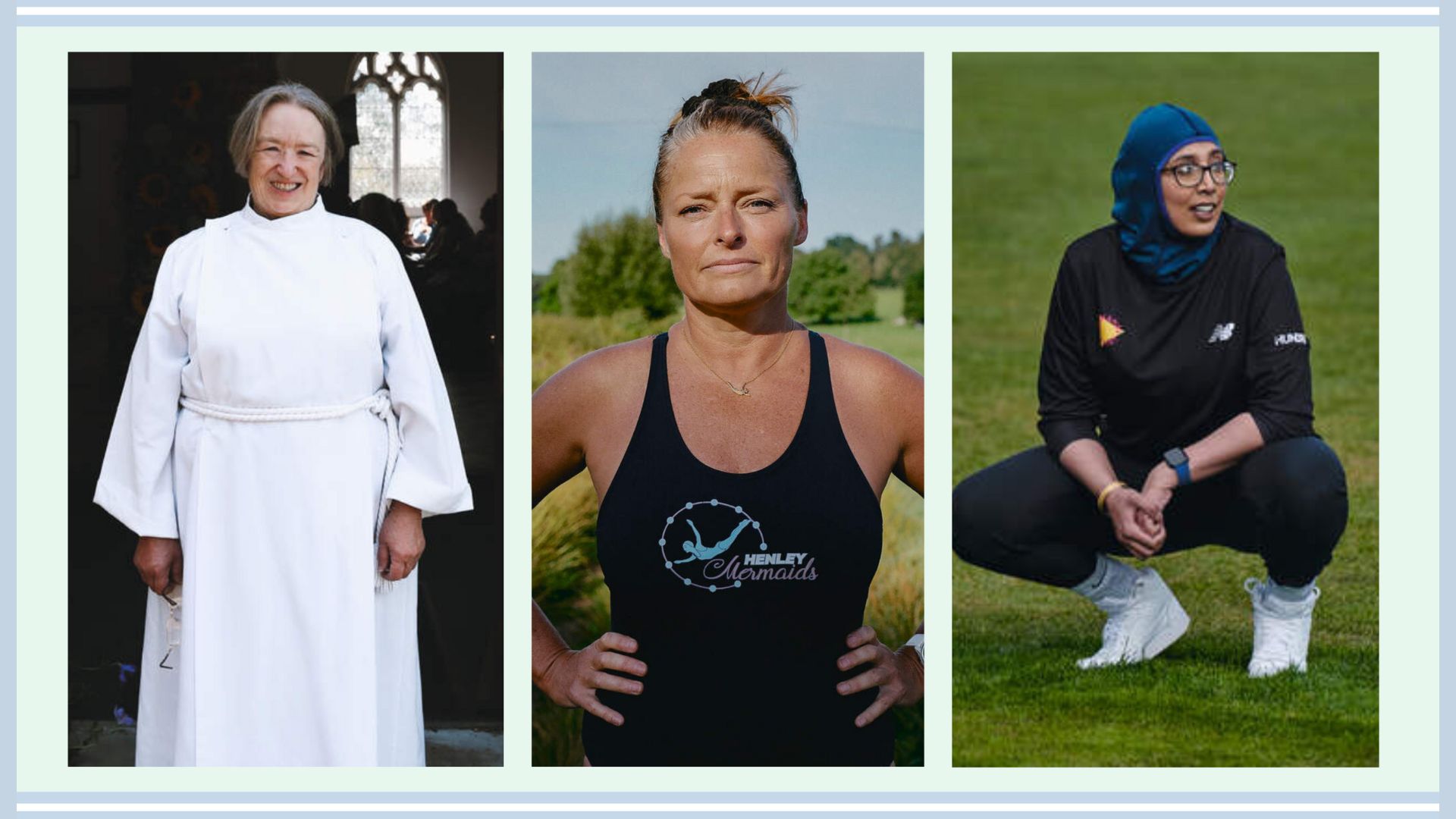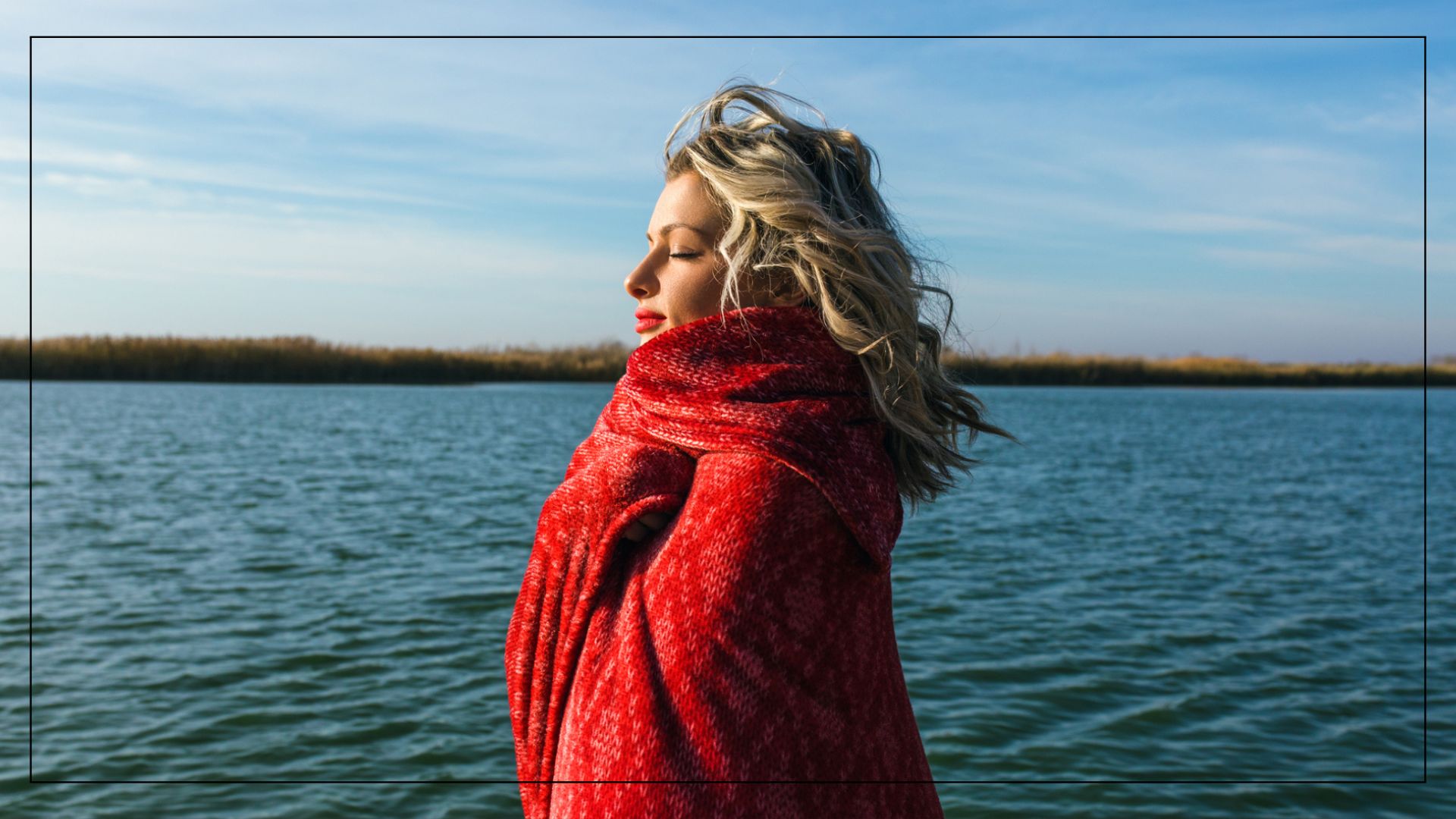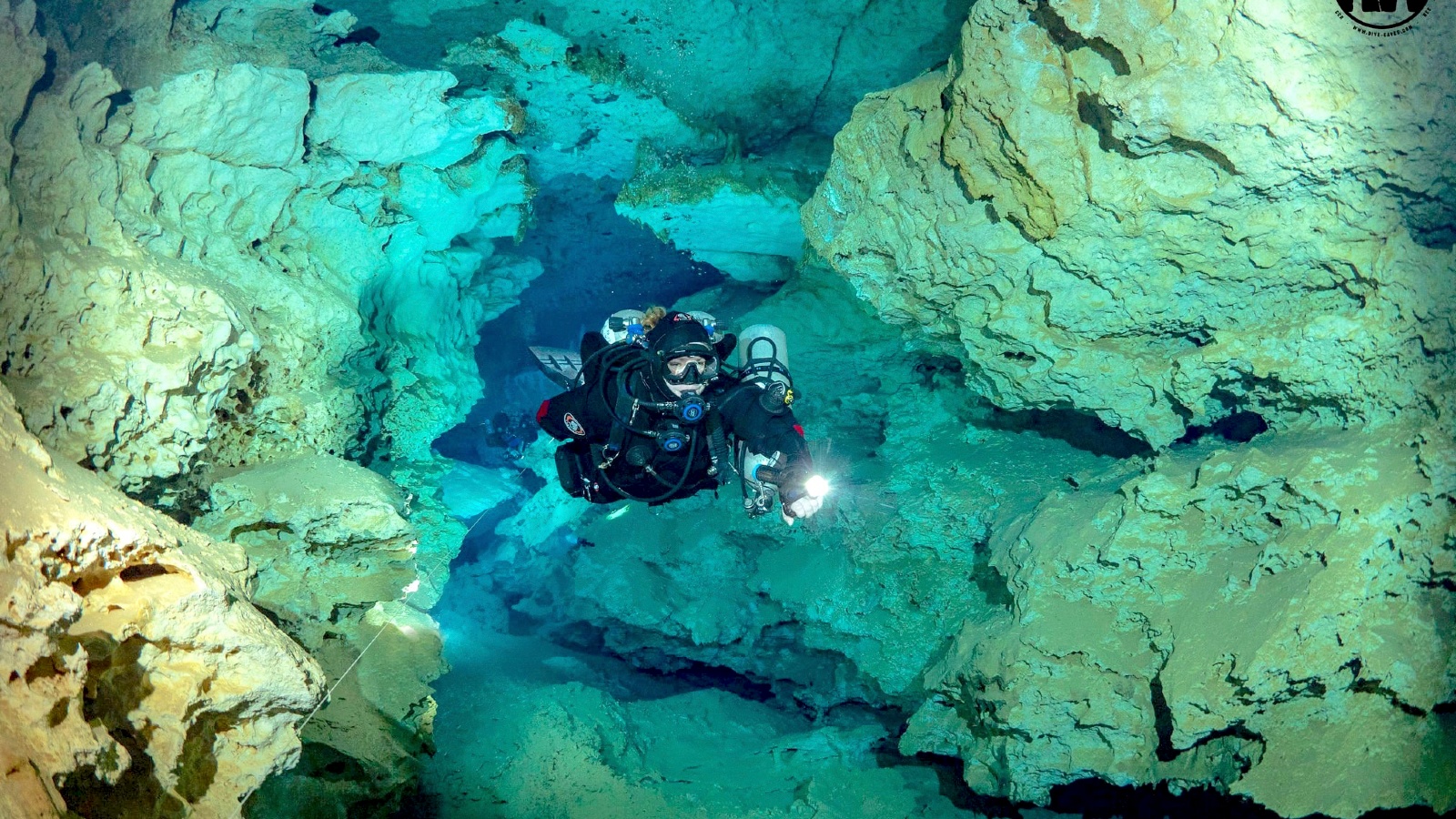"It feels quite extraordinary to know that I saved a life" – meet 4 everyday heroes
There's no cape in sight, but these women had the skills and the level-headedness to save a life
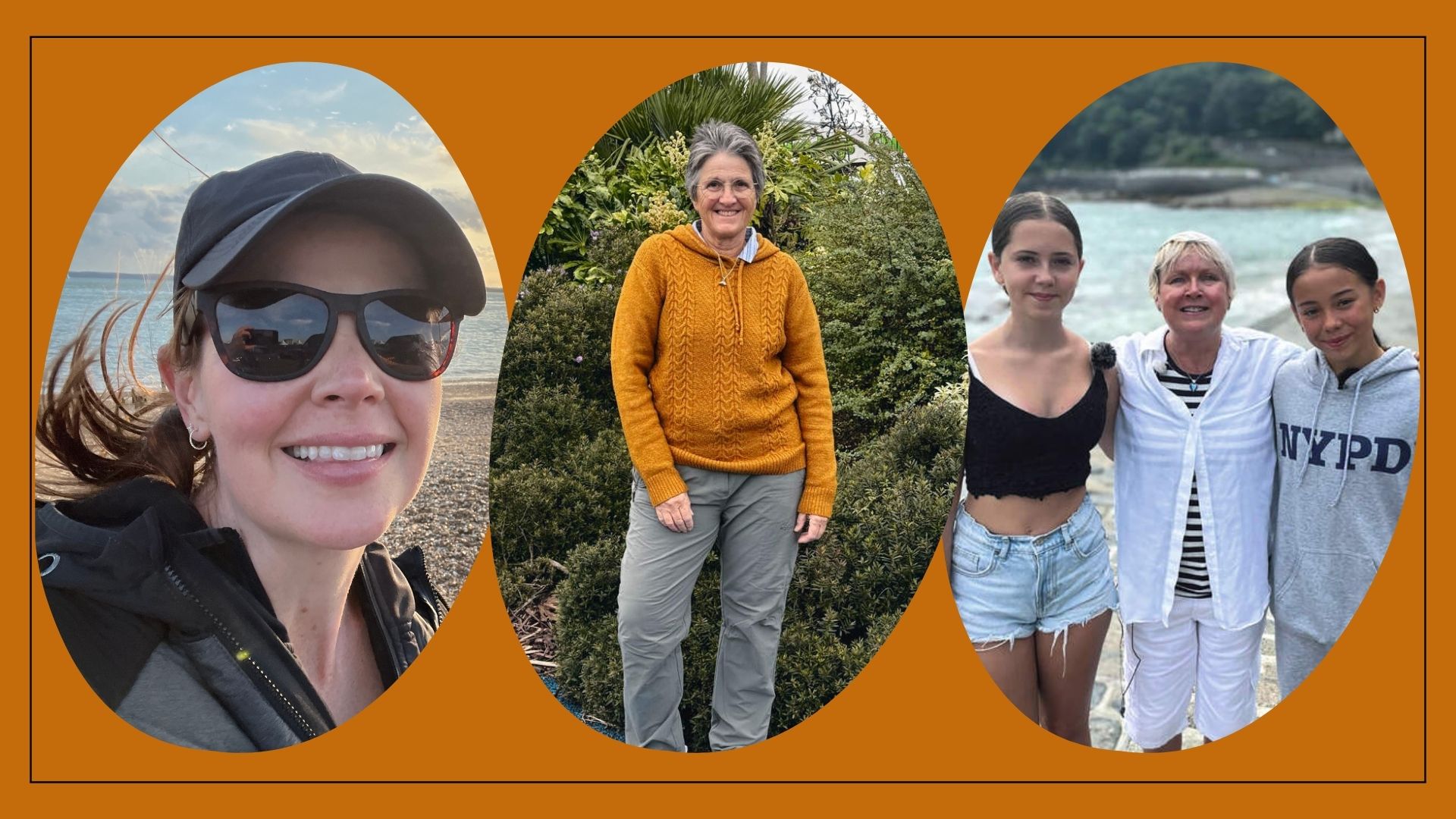
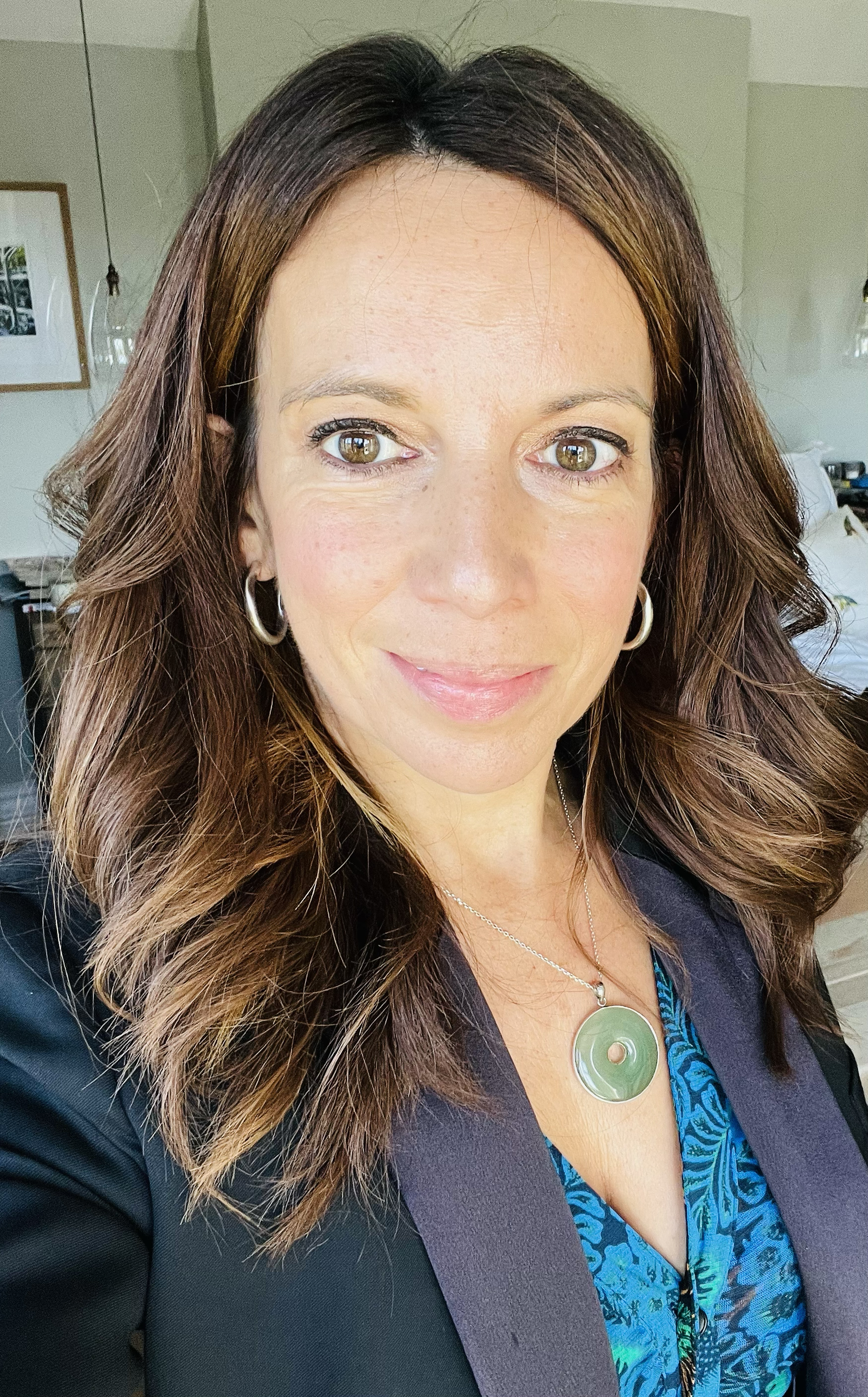
Not all heroes wear capes, as they say – and not all heroics are accompanied by theatrical music or crowds of onlookers. But every one of us has the potential to help other people in some way, if we are courageous and clear-headed enough.
Here we meet four inspirational women and girls who have saved lives, and learn what we could do in an emergency situation.
"I started chest compressions, thinking, ‘I've got to save this guy's life.’"

Alexis has worked at BBC South Today for 16 years, and is currently a Senior Weather Presenter. Her first-aid training proved invaluable in saving a man's life when he had a heart attack.
Last summer, BBC weather presenter Alexis Green's first-aid skills made the difference between life and death. "I was at a sports club with my family when I heard a lady shouting, 'Is there a doctor or first-aider? Please help!'" she recalls. "As I’d recently had first-aid training at the BBC, I sprinted over."
Alexis found an elderly man on the ground, who'd stopped breathing and appeared to have had a cardiac arrest. "Adrenaline took over," says Alexis. "I started chest compressions, thinking, ‘I've got to save this guy's life.’" One person called an ambulance, another ran for the sports club’s defibrillator, which Alexis used to shock the man’s heart back into action.
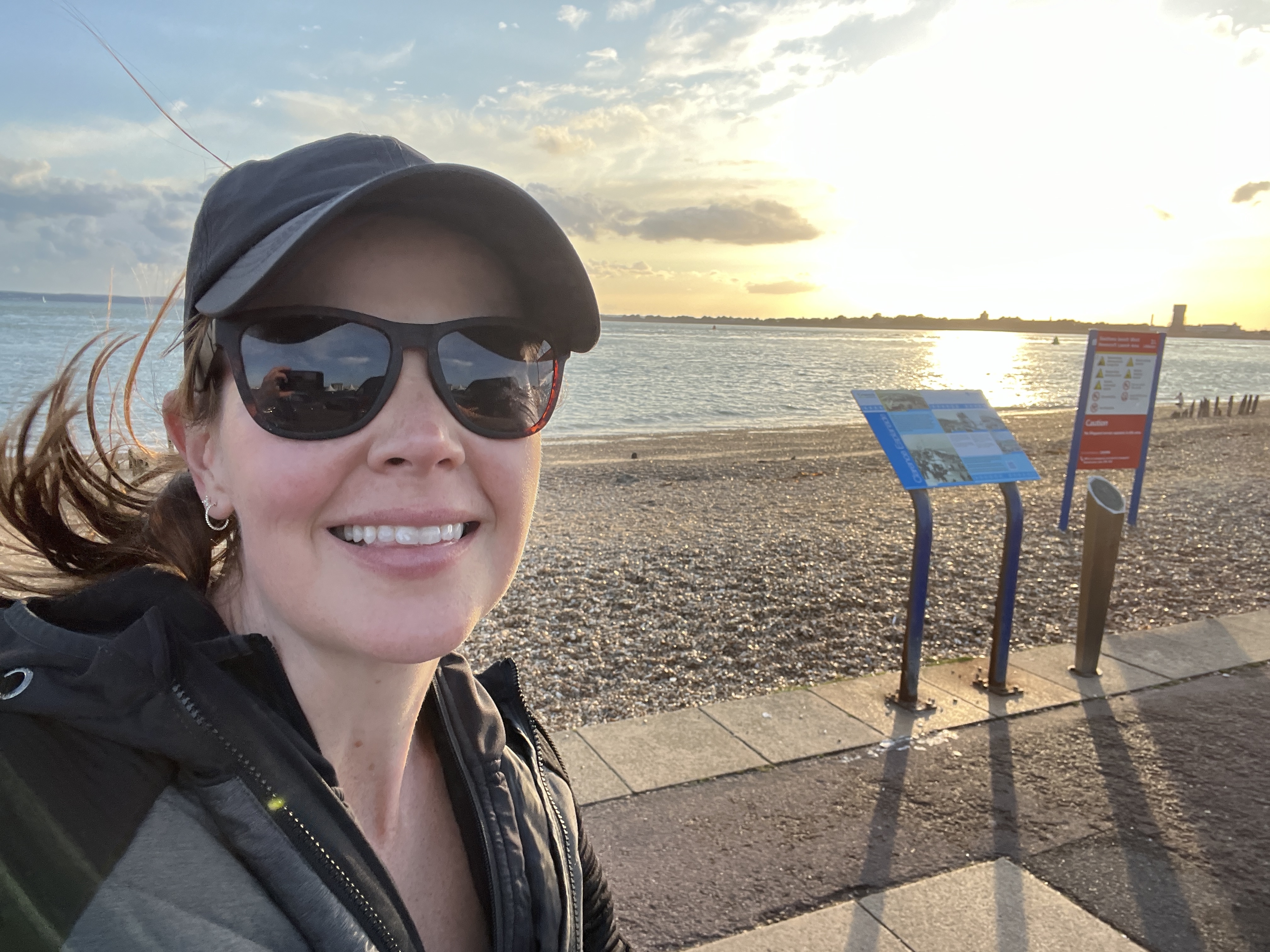
BBC weather presenter Alexis Green spotted the signs of a heart attack straight away
That night, she was relieved to hear the man was sitting up in bed in hospital. He’s since given Alexis champagne with a thank-you note that read, ‘We must all enjoy the bubbles while we can, and you gave me the chance to do just that.’
Alexis’ advice is to get some training and have confidence in yourself. "It feels quite extraordinary to know that I saved that man’s life," she says.
- Learn about heart attacks in women
How to help someone having a cardiac arrest
Follow these tips to give the person the best chance of survival:
Sign up for the woman&home newsletter
Sign up to our free daily email for the latest royal and entertainment news, interesting opinion, expert advice on styling and beauty trends, and no-nonsense guides to the health and wellness questions you want answered.
- Call 999 – the operator can tell you if there's a defibrillator nearby
- Start CPR straight away
- If possible, send someone to get the defibrillator
- Once you turn it on, the defibrillator gives step-by-step voice instructions
"Two girls saved me from drowning"
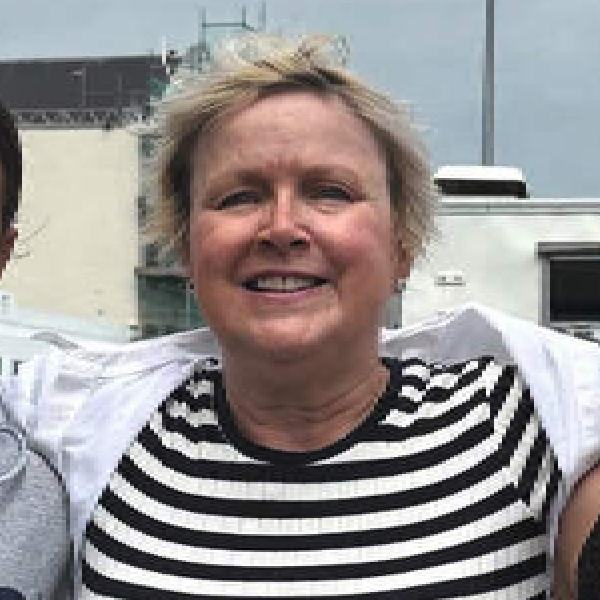
Sue Norreys, 55, was saved by two 12-year-old girls after she got into trouble in the sea last August. Sue is a lead care worker for the elderly and lives in Guernsey.
"My office in St Peter Port is right opposite Havelet Bay, so most lunch breaks during the summer, I pop out for a quick bob around in the shallows," begins Sue Norreys.
"One Wednesday, I was a little later going for my swim. That meant I was in the water when a huge wave from the ferry that sails between Guernsey and the UK mainland hit the shore.
"I’d been swimming on my back, but the force of the wave flipped me over. The next thing I knew, I was coming around on the nearby slipway.
"A lady on shore, Annette, had noticed I was in trouble and started shouting for help. Friends Juliette and Lillia, both 12, had just finished swimming but headed straight back in to save me. I’d been knocked unconscious, was face down in the water and my lips had turned blue. Together, they flipped me over and swam me back to land."
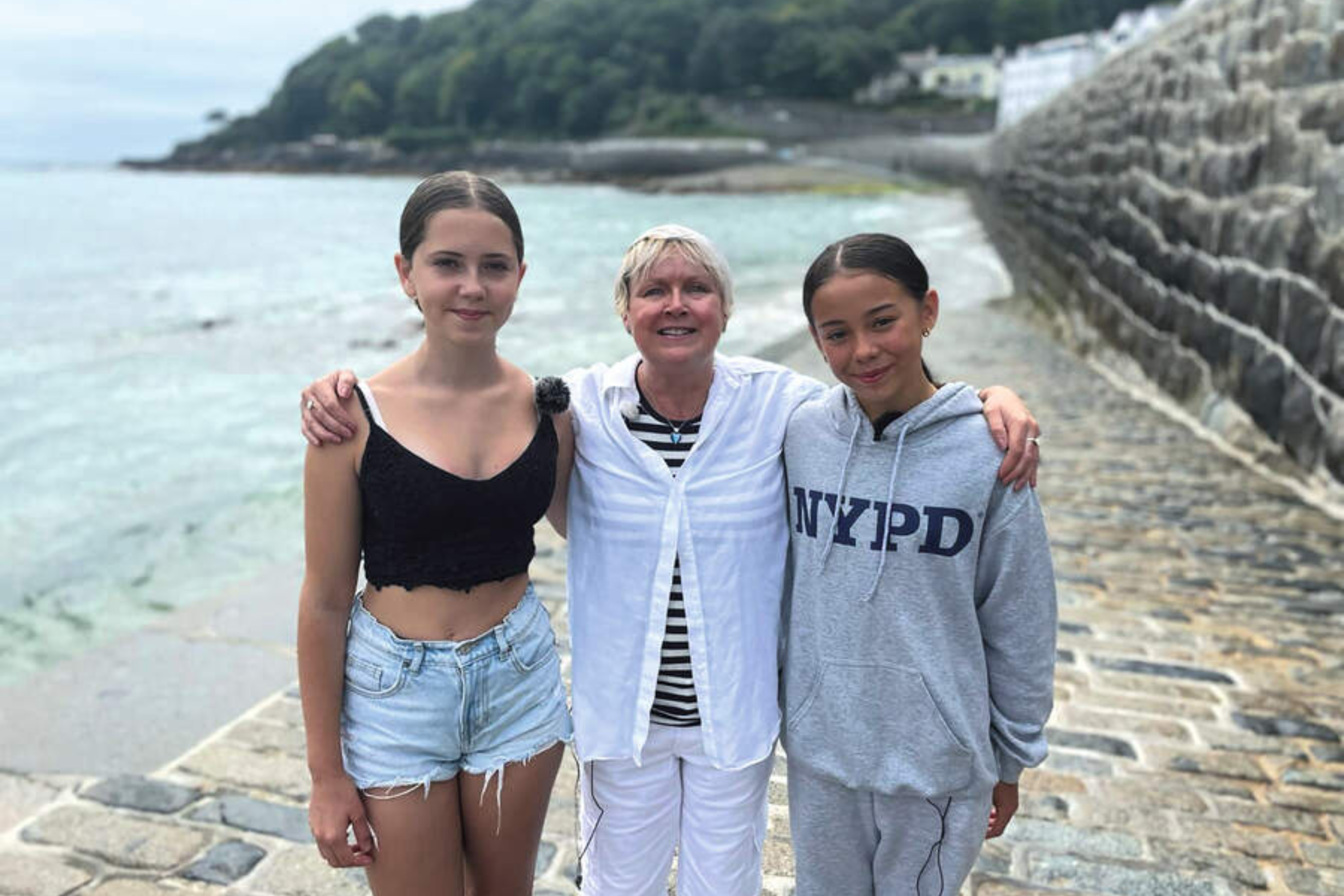
Sue later met up with Lillia and Juliette, the girls who saved her life
"Someone had called an ambulance, and I was rushed to hospital because I had inhaled a lot of sea water and needed to be put into an induced coma. I was kept in hospital for several days while the medics worked to empty my lungs. Fortunately, I had labelled ICE (In Case of Emergency) numbers on my mobile for my daughter Amélie and my mum, so the wonderful staff were able to contact them.
"I struggle to put into words how grateful I am to Lillia and Juliette for saving me. We all met up a couple of weeks after the accident and there were lots of hugs. I don’t think that the girls appreciate the enormity of what they did. It has made me realise just how fragile life is, and has given me a determination to live every day to the max – you never know what might happen."
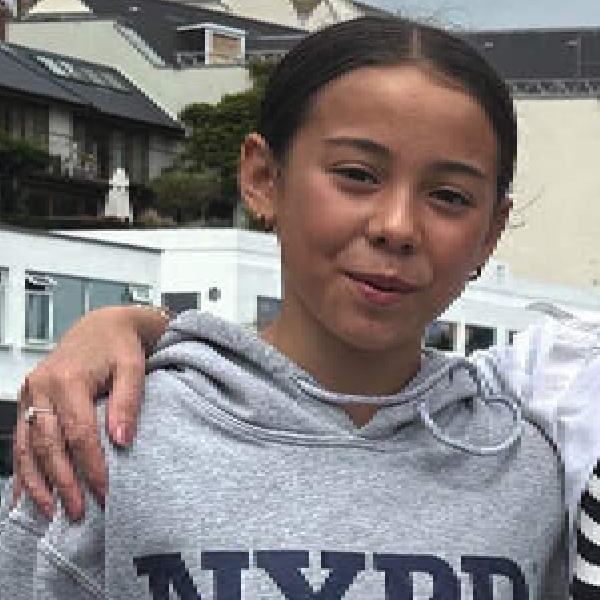
Juliette was 12 when she saved Sue's life with her friend Lillia
"Lillia and I didn’t think much before jumping in to save Sue," remembers Juliette Broad. "We could see she was in trouble and it felt natural to help. I’ve never done any lifeguard training before, but I focused on keeping her head above water and Lillia held her legs. We swam back to shore where others helped to pull Sue out of the water and up onto the slipway.
"It has been a huge life lesson that anything can happen in the water. We’ve received lots of commendations for our actions, and have spoken about the day in school and on the radio. It’s great to know that Sue is safe and well."
If you get into difficulty in the water
The Royal National Lifeboat Institution (RNLI) recommend these ‘Float to Live’ tips:
- Tilt your head back with ears submerged
- Relax and try to breathe normally
- Move your hands to help you stay afloat
- It's OK if your legs sink – we all float differently
- Spread your arms and legs to improve stability
If you think someone might be drowning
These tips are invaluable – and could potentially help save a life:
- Call 999
- Shout and signal to the person to stay calm and float
- If possible, find a life ring or other rescue aid nearby and throw it to the person
- If you can reach the person with something rigid, like a pole or an oar, use that to pull them to safety
- Make a chain with others by holding hands and stretching out to them to keep rescuers safe
- If the person is unconscious and not breathing, open their airway and start CPR
"I knew how to deal with a heart attack"
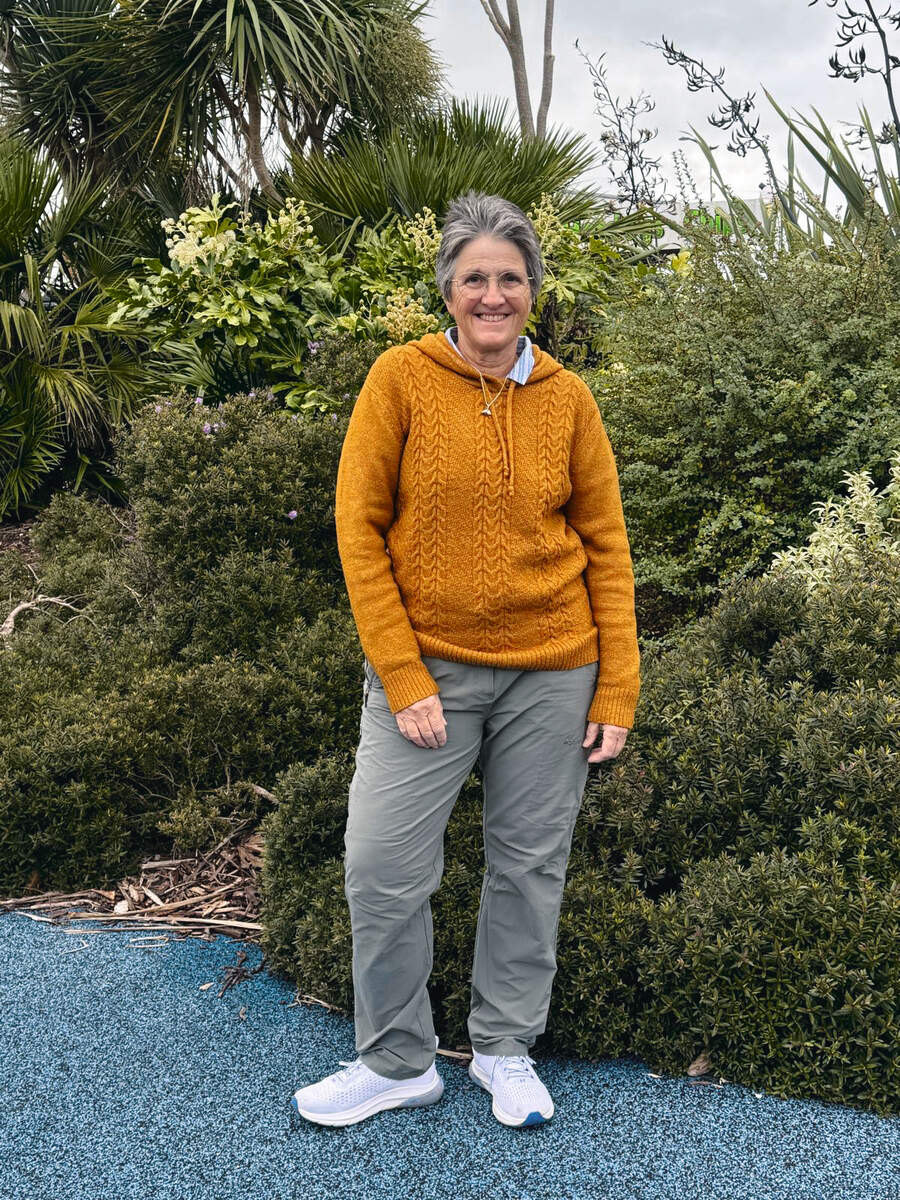
Sue Hutchings, 65, saved the life of Andy Hannan, 73. A retired sports teacher, Sue lives in Bovey Tracey in Devon with her husband Ian, 63.
"One evening in November 2020, I was playing walking football (an adapted form of the game for older people) with The Exeter Strollers, when I noticed a player had fallen face down and wasn’t moving. Rushing over, I realised it was my friend, Andy," recalls Sue. "The colour had drained from him and he wasn’t breathing. I was sure he was having a heart attack.
"Most people seemed to have frozen but I knew I needed to act. I’d never faced this kind of situation before, but I’d been trained in first aid, so I went into autopilot. I knelt down beside Andy, opened his airway and immediately started chest compressions.
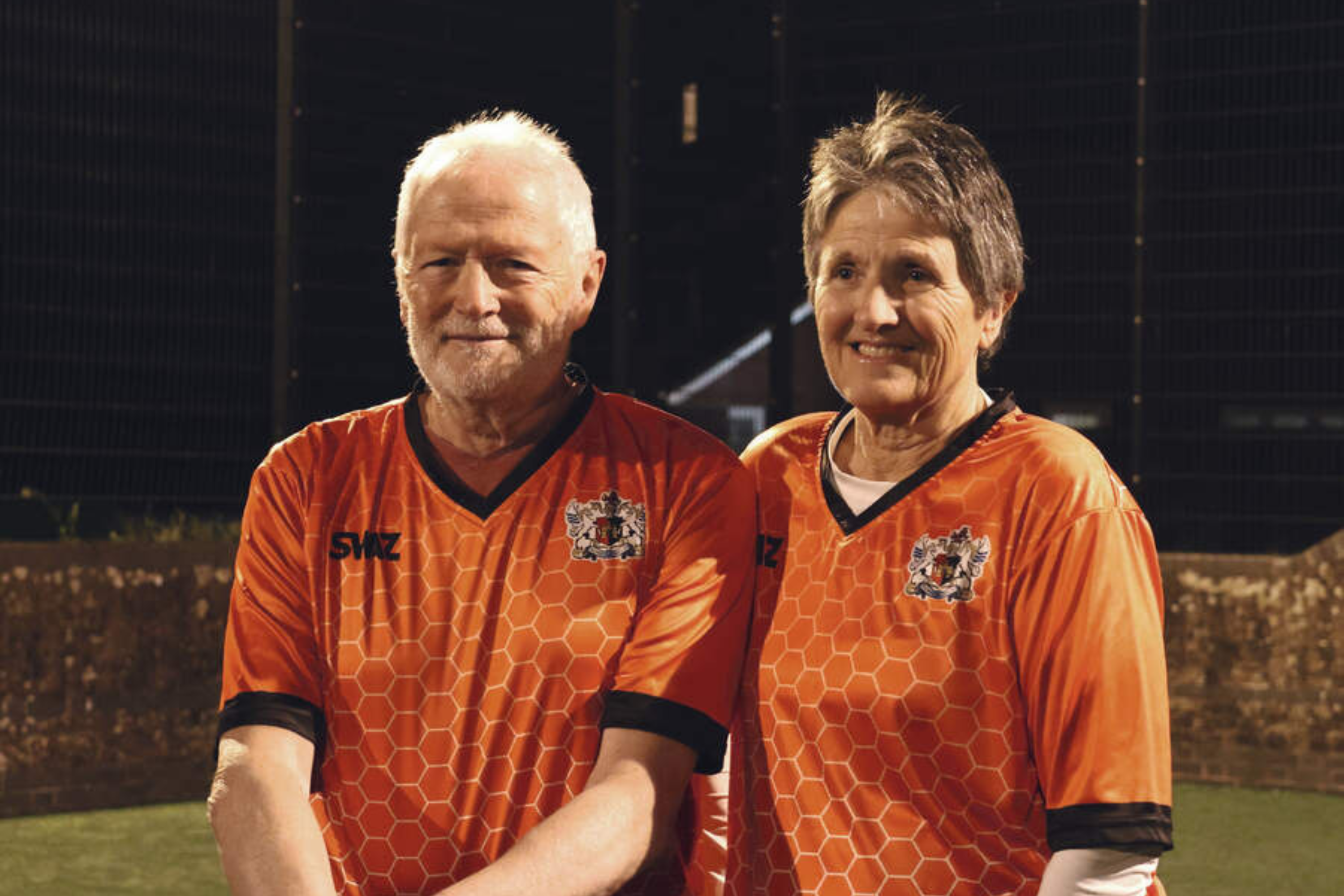
Sue and Andy playing football together
"Time is precious once someone's heart has stopped"
"Knowing 75% of heart attack victims survive if you can shock the heart within three minutes of it stopping, I shouted for someone to get a defibrillator. After we gave Andy a first shock, the sensors detected some activity from the heart and the machine instructed me to carry on with the CPR (cardiopulmonary resuscitation). It took 17 minutes for an ambulance to arrive. By that time, Andy was just starting to come around.
"I drove home in a daze. I remember my husband, Ian, asking how football was. ‘Well, I just saved a man’s life,’ was my reply. I was so happy and relieved when I received a message later that night to say that Andy was doing well.
"It took me a while to get over what had happened. The following morning, I processed the events by writing down everything that had occurred. For about a week, I felt like I’d been hit by a bus. Everything hurt from the effort of the CPR – my knees, shoulders, arms and back. But it was worth it to know I had saved Andy’s life.
"Ian and I are now passionate about raising awareness about CPR, where to find defibrillators and how easy the machines are to use. By hosting 90-minute training courses in local pubs, libraries and village halls, we have educated around 300 people in our local community. Many people feel nervous, but I tell them it’s not as hard as they may think. Time is precious once someone’s heart has stopped. The most important thing is to keep calm and act fast."
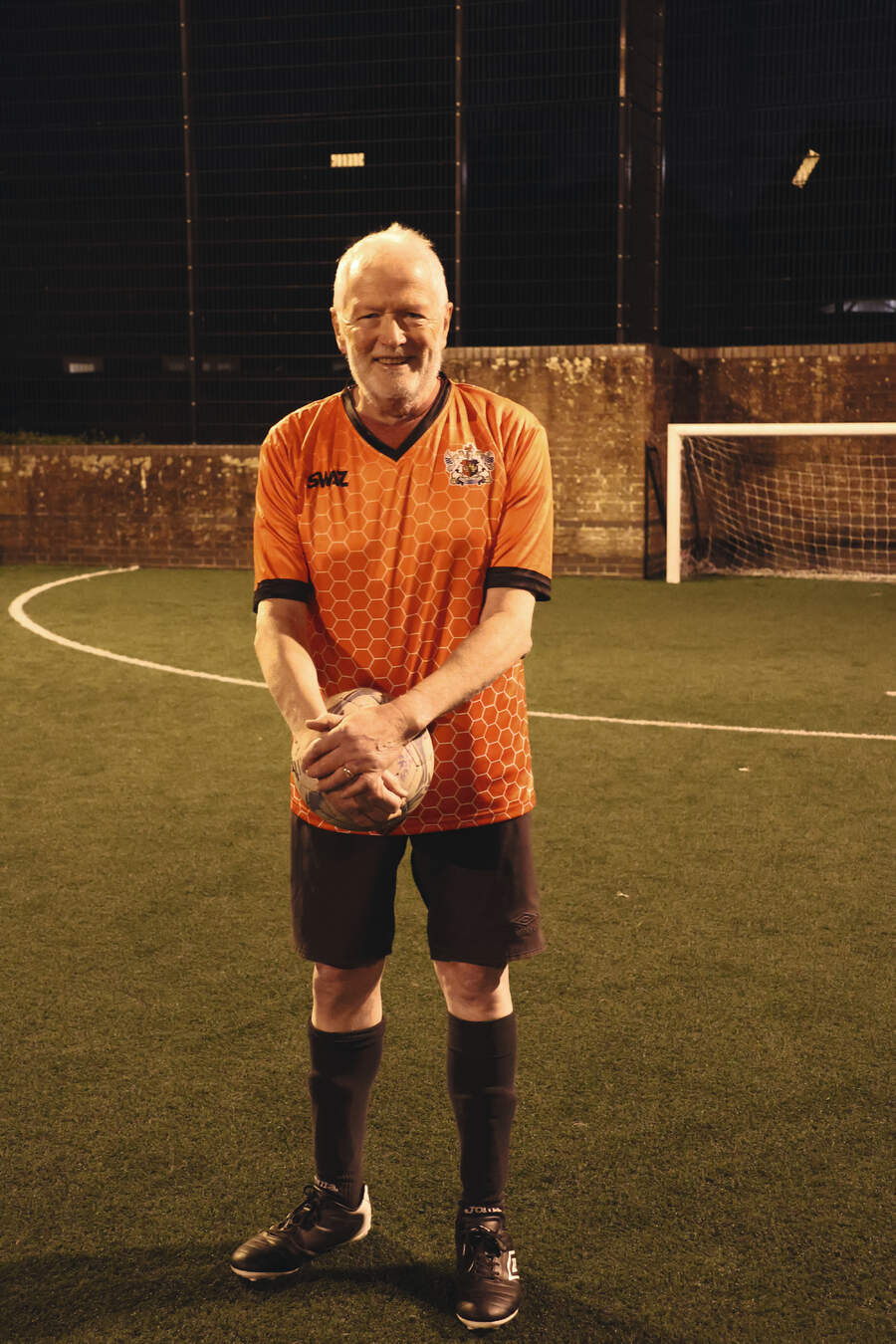
Andy Hannan, 73, was saved by Sue's first-aid skills.
"I’m lucky to be alive, thanks to Sue!" says Andy. "It’s extraordinary that I was the person who had obtained funding for our walking football club to acquire a defibrillator and was then the first to benefit from it. I’d played a few games that evening before I collapsed. I felt no pain but do remember thinking, ‘This is strange.' I then regained consciousness later, finding myself in an ambulance.
"I am tremendously grateful to Sue – what she did was nothing short of heroic. Thanks to her quick actions, I have been to my son’s wedding, welcomed the births of three grandchildren and watched my beloved West Ham winning our first European trophy since 1965. I’m lucky to be alive and it’s all thanks to Sue."
- Visit defibfinder.uk to find your nearest defibrillator
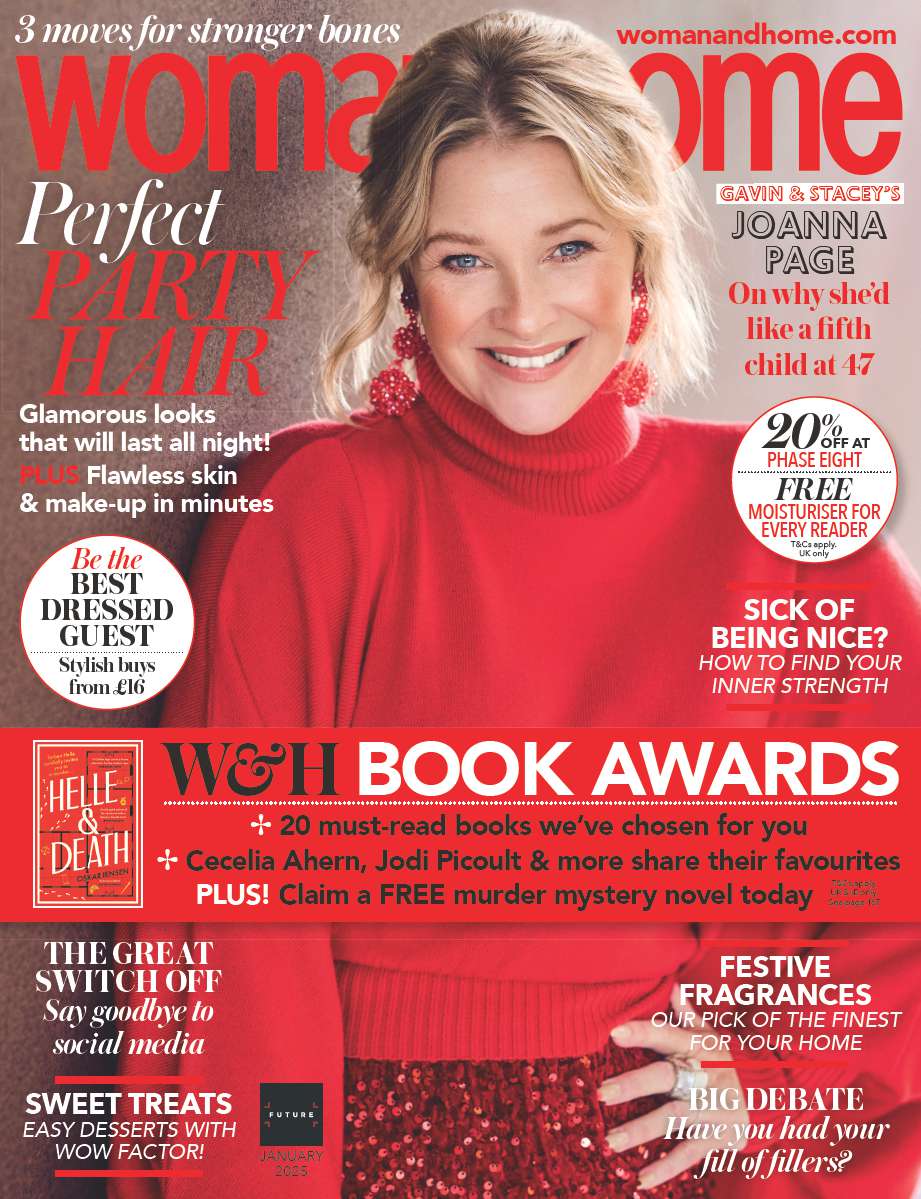
This article first appeared in the January 2025 issue of woman&home magazine. Subscribe to the magazine for £6 for 6 issues.
Continue reading
Ellie juggles being Mum to a chaotic blended family of seven with working as a lifestyle and travel writer. With a Masters in Psychology, Ellie is passionate about delving into what makes people tick and bringing to life their stories. Using the real-life experience of her own ‘modern family’ and their many adventures alongside her diverse range of personal interests, she’s recently covered topics as varied as the Taylor Swift phenomena, helping kids through divorce, Living Funerals and South African Safaris. Ellie contributes to publications such as Woman&Home, Woman, Woman’s Weekly, Good Housekeeping, The Times, Red Magazine, Travel Africa and Family Traveller.
-
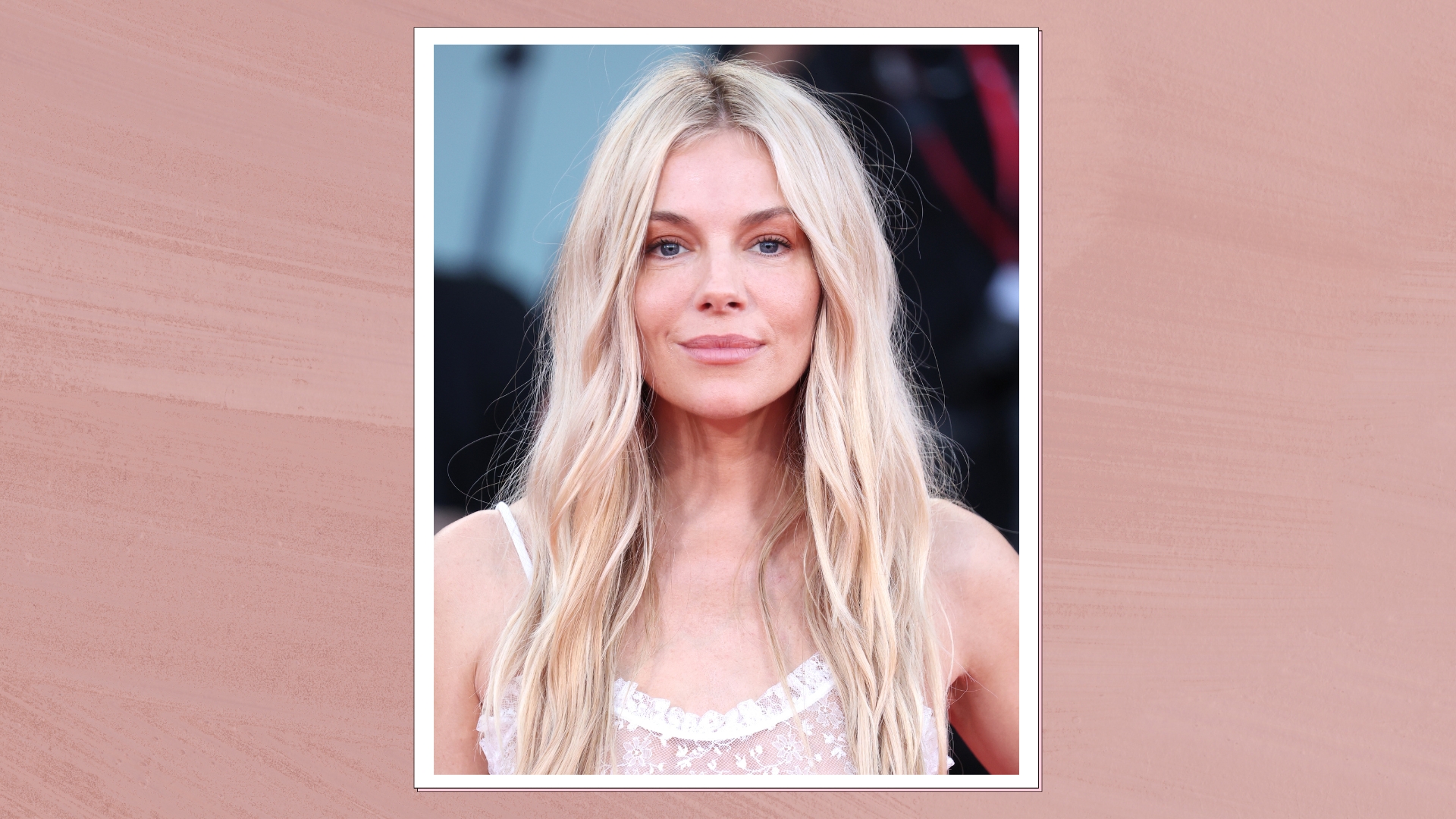 We're in awe of Sienna Miller's easy-going and 'piece-y' hairstyle and how perfect it is for spring
We're in awe of Sienna Miller's easy-going and 'piece-y' hairstyle and how perfect it is for springThis laid-back hairstyle is - quite literally - making waves this season
By Naomi Jamieson
-
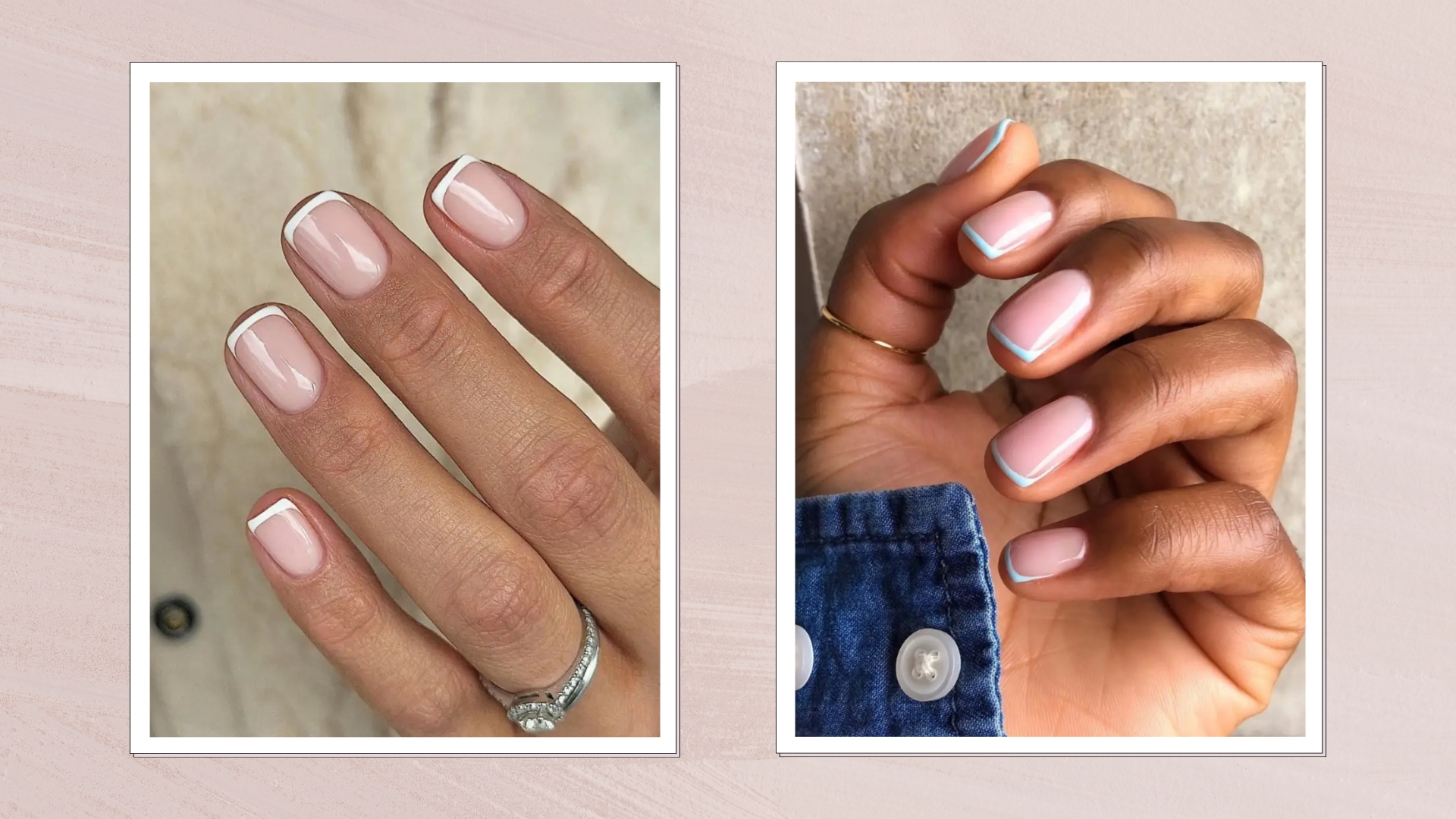 We never thought we'd see this 'dated' manicure make a chic comeback, but here it is - and we're on board
We never thought we'd see this 'dated' manicure make a chic comeback, but here it is - and we're on boardClean and angular, short square French tips are a go-to this season for a practical but stylish manicure...
By Naomi Jamieson
